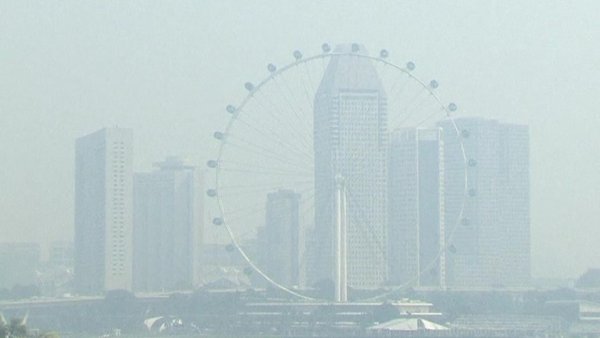
What You Can Do About Sleep Apnea
Posted by Editor on Oct 11th, 2018 in Health | 0 commentsSleep apnea can cause shallow breaths or breathing pauses while sleeping. These pauses can last for minutes and will result to disruptions and poor sleeping habits overall. The condition is a chronic illness and sometimes goes undetected until the person suffers from medical complications.
What should you do about sleep apnea?
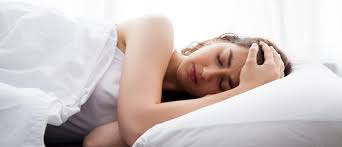
Detection and Diagnosis of Sleep Apnea
There is no test to determine if a person has sleep apnea, because the symptoms are not apparent during waking hours and only sleeping companions will notice the signs, if he/she knows what to look for. The first sign is usually the loud snoring, which can be dismissed as fatigue or habit, so the person who might be suffering from the disorder, as well as members of the family, will have to look for the following signs:
• Chronic loud snoring (which means that the person snores almost every night)
• Pauses in breathing while asleep
• Snorting, choking and gasping sounds while asleep
• Insomnia, disruptions in sleep, and feeling that you’re out of breath
• Fatigue, forgetfulness, irritability or depression, headaches, and sleepiness during waking hours
• Having sore throat or dry mouth when you wake up
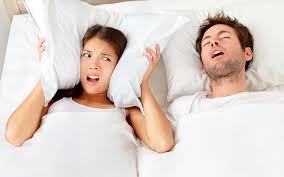
However, not everyone who snores has sleep apnea. So how do you tell the difference? Snoring should not lessen the quality of sleep, but if you feel tired during waking hours no matter how much sleep you’re getting, it could be sleep apnea. If you suspect that you have the condition, you should seek medical help immediately to avoid complications such as hypertension, heart attack, diabetes, obesity, heart failure, and increased likelihood of accidents.
Causes and Treatments
You are prone to having sleep apnea if you are overweight, hypertensive, a smoker, and if your neck circumference is greater than 40 cm. Your family’s history of sleep apnea and allergies (such as nasal congestion) can also contribute, and even the structure of your chin, septum, and tonsils.
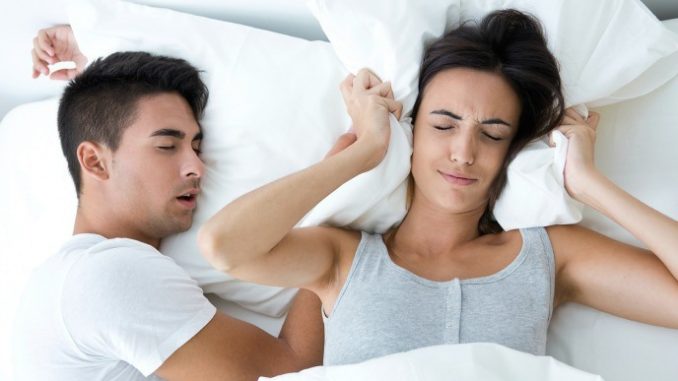
There are three types of sleep apnea, but the most common is obstructive sleep apnea which is the blockage of the airway due to the relaxing soft tissue at the back of the throat. Central sleep apnea on the other hand, is triggered by the faulty brain signals that control the muscles, while complex sleep apnea is a combination of the two. Be warned that people with central sleep apnea do not usually snore, unlike those with obstructive sleep apnea.
The doctor will recommend that you lose weight, stop smoking, limit your alcohol intake, limit the use of sedatives and sleeping pills, avoid caffeine and heavy meals 2 hours before bedtime, and to keep to your sleeping hours. To lose weight and get rid of extra tissue at the back of the throat, you need to exercise regularly so that the muscles in your airways open up and become stronger.
Your sleeping habits also need to change by propping your head up 4 to 6 inches with a special pillow, to sleep on your side, or to use a nasal dilator to open nasal passages.
A Glass of Milk a Day
Posted by Editor on May 16th, 2018 in Health | 0 commentsSome of us think that milk is only for infants or for little kids but what we don’t realize is that milk is good for any given age. Besides, there are so many ways for us to enjoy milk. Remember when you were a kid and you couldn’t have your cereal without milk? Well, there was a good reason for that. That was also a very healthy habit of having milk for breakfast. Milk as we all know strengthens our bones and provides us with the necessary calcium to help build our bones as they slowly decay throughout the day.
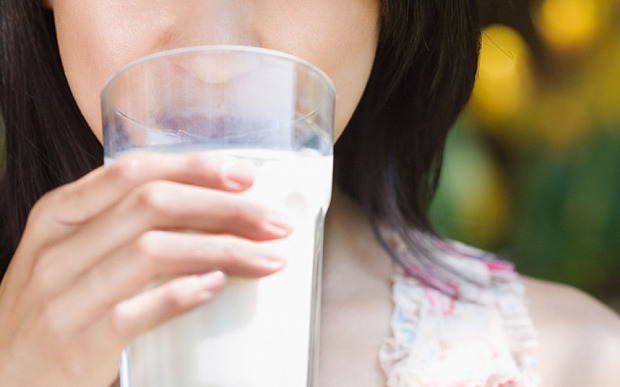
Drinking milk on a regular basis has proven to increase not just the strength of your bones but also your strength in general. Although this is not an energy drink which supplies you with adrenaline that makes you feel like you have all the energy in the world, milk slowly makes you stronger.
People of all ages should drink milk. In fact, they should try as much as possible to make it a daily habit. After all, there are so many ways you can incorporate milk into your diet. For one, you can use it as a cooking ingredient. There are so many recipes aside from desserts (which we all know are fond of using milk) that are very heavy on using milk to cook the specific dish. Milk can even be used with tea. After all, milk tea does taste pretty good.
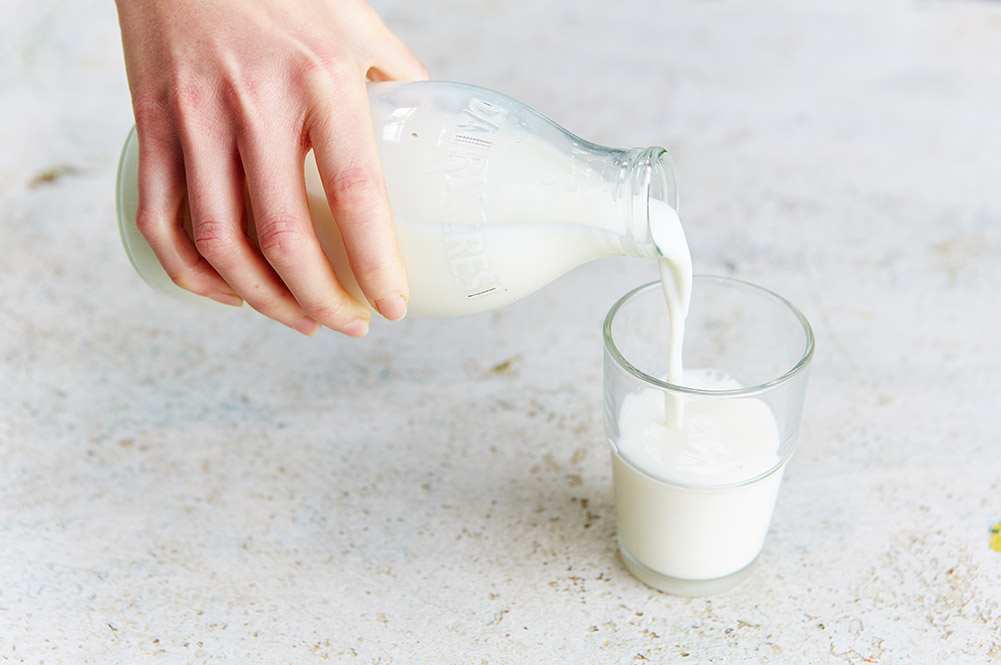
The benefits of milk are huge and it isn’t really that hard to drink at least a glass of milk a day. You can find milk anywhere. Unlike before when the people of older times would have to go all the way to their cattle to milk them, all we have to do is walk a couple of steps from our house or apartment towards the nearest 7/11 or whatever convenient store is out there. Getting milk nowadays is easy, take advantage of it.
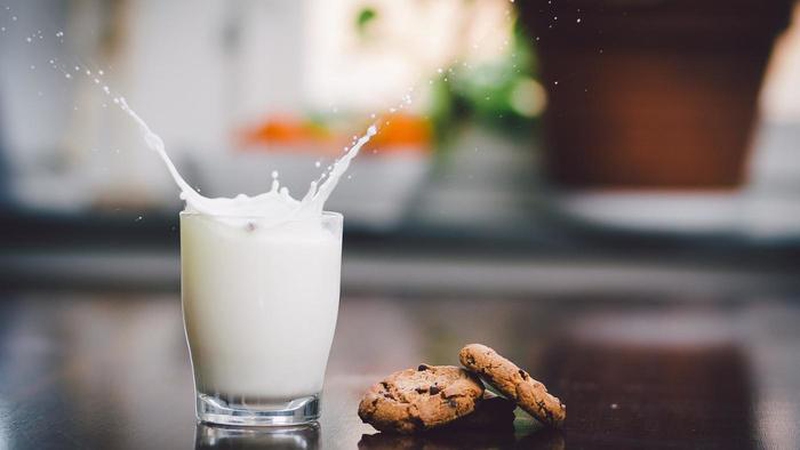
When we say drink milk everyday, there are also specific types of milk you should drink and not drink everyday. Milk that has the most artificial content are usually not good for us and you best stay away from those kind of milk if you are planning to drink everyday. When it comes to milk, there is a huge selection to choose from. There’s cow milk, goat’s milk, and what about soya milk? Well, soya milk is pretty popular. That’s because it tastes amazing! Soya milk is one of the most sought after drink of vegetarians. Build a healthy habit, drink a glass of milk a day.
5 Simple Ways to Deal with Jet Lag
Posted by Editor on Jun 20th, 2015 in Health | 0 commentsYou’ve probably heard all kinds of advices when it comes to dealing with jet lag – stay hydrated, mimic the schedule in your destination, or try natural light and melatonin therapy. These advices are quite simple and easy to remember, but they can also be pretty easy to forget when preparing for a trip. To ensure that you can immediately recover from your next long-haul excursion, here are six ways on how you can possibly handle jet lag.
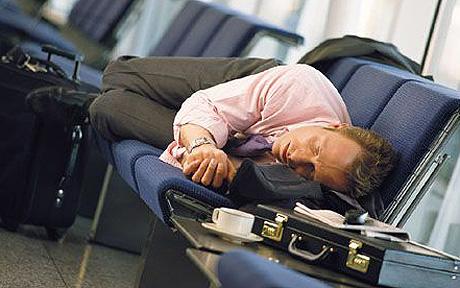
- Avoid Taking Naps. It may be difficult to push through the day after being in a long flight, but taking naps will only exacerbate your problem. Instead, keep yourself awake by splashing some cold water in your face or by touring your destination. If you really can’t keep your eyes open, then take a nap that wouldn’t last more than 90 minutes.
- Tour Around. Natural light can really do wonders when it comes to resetting our body clock. So as soon as you got your things in your hotel, do some light sightseeing. Explore the neighbourhood you’re in, take a dip in the beach or a pool, or engage in some bus tours. It doesn’t matter what kind of activity you’ll do, as long as you get to spend some time outdoors.

- Indulge in a Sensible Dinner. There’s no better way to fight your jet lag than enjoying a sensible dinner. If you’re still up for it, make some reservations for a nice dinner out, or if you’re totally wiped out, just order for some room service. You’ve probably read that avoiding greasy and heavy meals will help in dealing with jet lag, but that’s not really true as the type of food you eat doesn’t really have any bearing on your jet lag.
- Take a Hot Bath or Shower. Handle your jet lag better by taking a hot shower or bath when it’s almost your bedtime. The steamy water will help in lowering your body temperature, making you feel drowsy afterwards.
- Get a Good Night’s Sleep. There’s nothing more rewarding after a long flight than getting a good night’s rest. Set your room’s thermostat in a comfortable temperature, then close all the drapes to shut out any extraneous light. With this, you can already snuggle in your bed, and allow your body and mind to relax.
With these effective remedies, you no longer need to suffer from the excruciating effects of jet lag. You finally get to enjoy your long hauls and make the most out of your long-awaited trip.
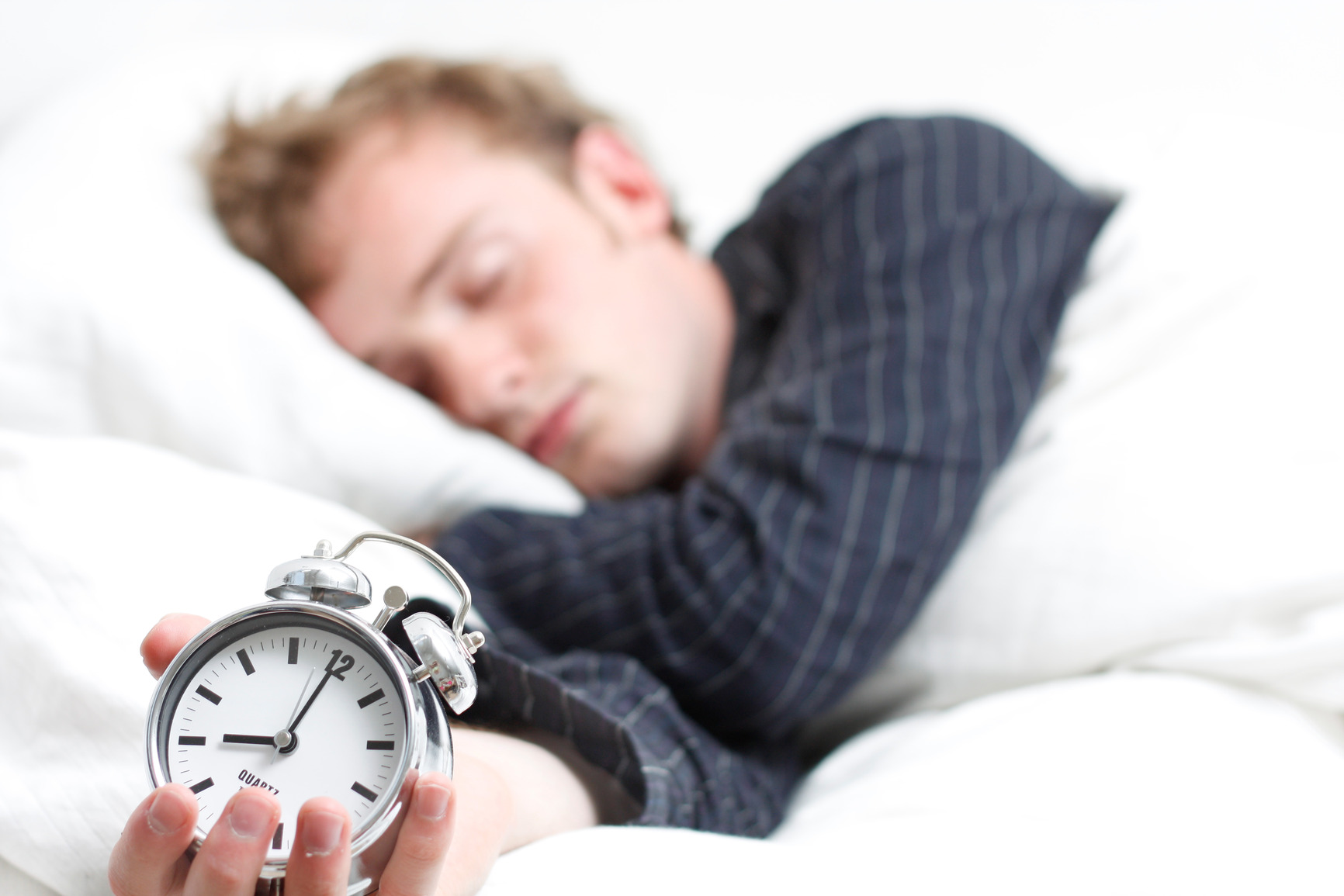
The Health Issues of Skewered Grill Pork
Posted by Editor on Sep 30th, 2014 in Food, Health | 0 commentsSingaporeans love street foods. One of the favourite street foods of Singaporeans is skewered grilled pork (or chicken). There is nothing wrong with that if you do not consume it always but if you ingest it all the time, you should be aware of its health effects. Grilling has health issues and it is time that you know them.

In Thailand, the Pollution Control Department (PCD) agency has warned the street stall owners and the people who are buying skewered grill pork that there are health issues accompanying it. PCD made some research and it found out that the volatile organic compounds (VOC) from hot grills is between 168 & 441 parts/million.
The amount of VOC (168 & 441 parts/million) is not that high compared to smoke emitted by incense and exhaust fumes but there is an effect. If you are exposed to VOCs for a long period of time, it will affect your health eventually. You have to be aware of the risks of fumes while it is early. Here are some risks of VOCs that you should look out:
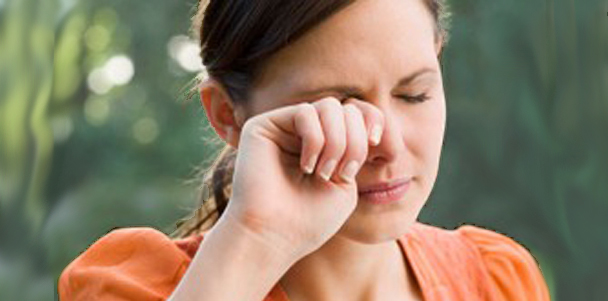
- Eye irritation: The smoke indeed can irritate the eyes. Prolonged exposure to fumes of grill can irritate the eyes or worse it will result to more serious issues. Eyes are important so it should be taken care of. Do not let the fume or smoke take the best of your eyesight.
- Respiratory problems: When you inhale fumes or smoke, there is no doubt that your lungs are affected. You will notice that when you inhale fumes, you have difficulties breathing. It will suffocate you and it can lead to death. If you have respiratory problems, it is important that you go to your doctors right away so it can be attended.
- Cancer: If you are fond of skewered grilled pork (or chicken), you have to know that it can lead to cancer. When you grill the pork for a long time at high temperature, there is a chemical that is produced that can lead to cancer. Carcinogens will be produced. Your consuming of such will increase your risk of cancer over time.
The skewered grilled pork (or chicken) is a principal meal in Asian countries. Not all food stall owners and their consumers are aware of the risks accompanying skewered products. Stall owners are afraid because PCD might shut them because of the recently discovered health effects but PCD assured the owners that they will not shut their source of living. They will instead consult with PHM (Public Health Ministry) to seek for more solutions.
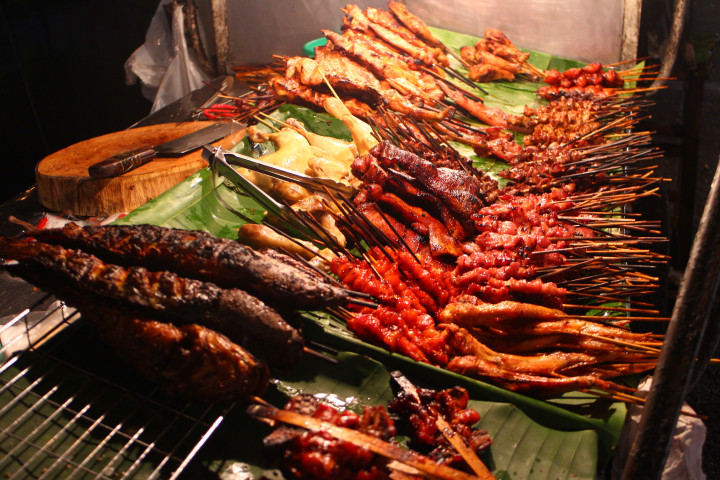
Fighting the Haze
Posted by Editor on Mar 24th, 2014 in Health | 0 commentsFighting the haze is not easy because you cannot physically hold it. It is so destructive that when you inhale it, you will become ill and unhealthy. Singapore is suffering from the haze and to think it is not our fault. It is the actions of the other country that brought discomfort to all of us. We are all aware of the increased burning in Riau, Sumatra.
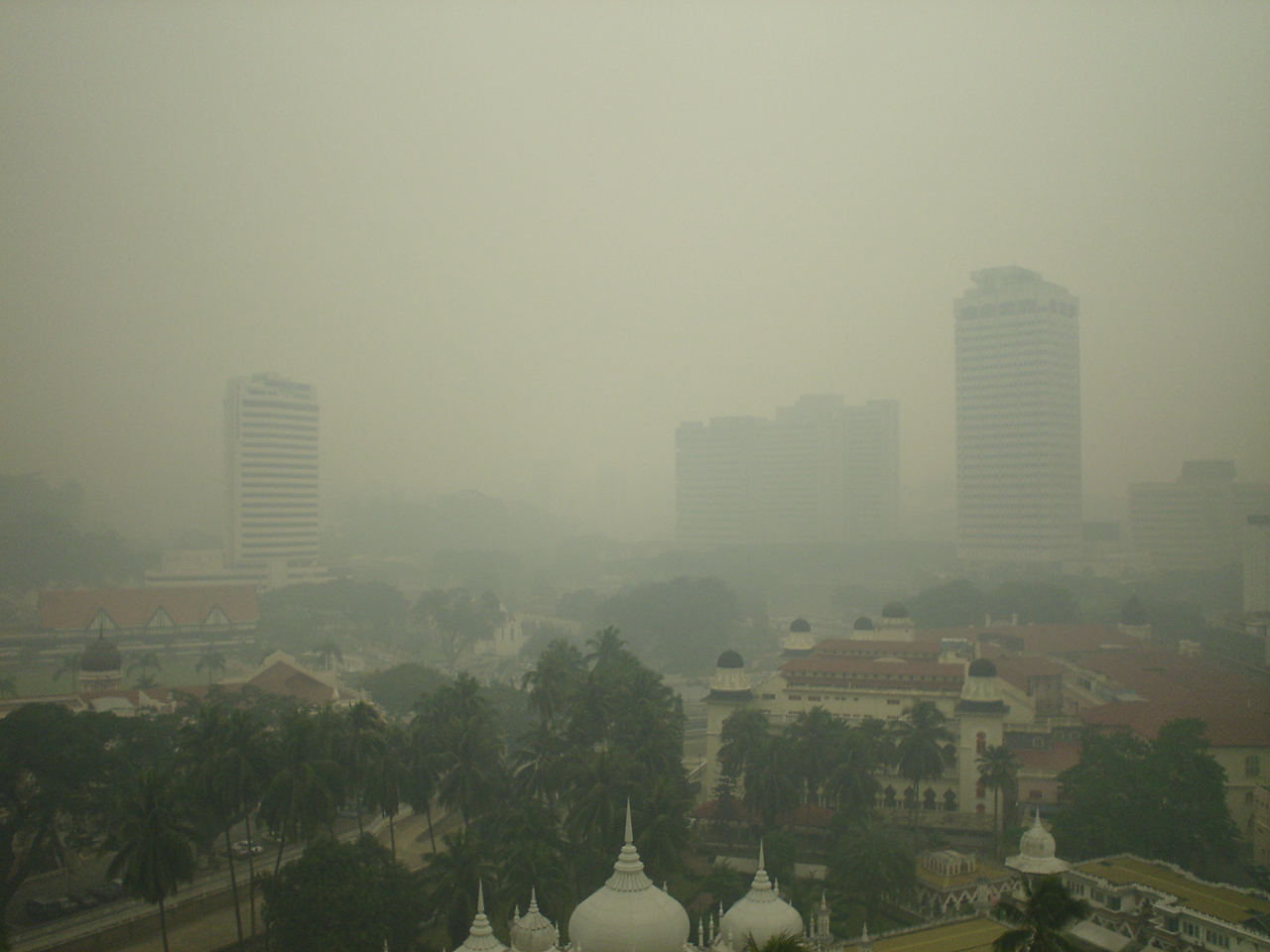
NEA (National Environment Agency) and MOH (Ministry of Health) warned Singaporeans that there will be a prolonged haze. Dr. Balakrishnan posted on February 11, 2014 about the prolonged haze. The comments of the minister came the same day APRIL (Asia Pacific Resources International Limited) warned about the lengthy haze season. APRIL is the second largest paper and pulp maker here in Asia.
If you remember, the worse bout with haze was last June 2013 where the PSI (Pollutant Standards Index) level hit 401. That was alarming. It caused many establishments to close for the fear of the effects. Since haze is threatening the country again, it is useful if people review the don’ts during haze. Here are some:
- Stay Indoors. It is important that you stay indoors especially if you are advised. Do not push things because it will only harm you. Do not mind work because your life is more important.
- Monitor the PSI. You should continuously monitor the bulletin or advisory of NEA about the PSI level. Every time you go out, make sure that you check the levels.
- Do Not Open Your Windows. If haze is present, it is crucial not to open your windows. If you see any dents in your windows and doors, make sure to seal it so no haze can enter your house. Use air conditioners instead.
- Use Air Purifiers. You have to make sure to remove the pollutants and other particles circulating around your house. You can do this by purchasing air purifier of ionizers.
- Drink Plenty of Water. If you are afraid of absorbing any toxins, you should drink lots of water. When you drink lots of water, your body will flush out the toxins.
- Eat Well. You have to stay healthy to fight the disease that comes along with haze. You have to strengthen your immunity. You need to eat Vitamin C, Vitamin E and Omega 3 rich foods.
- Cover Your Nose. Do not go outside if haze is present but if it can’t be helped, you have to cover your nose with masks. Do not forget your masks.
The air we breathe should be clean and safe. If it carries something that can threaten the lives of people with respiratory and heart diseases, everyone should join together to stop the haze.
